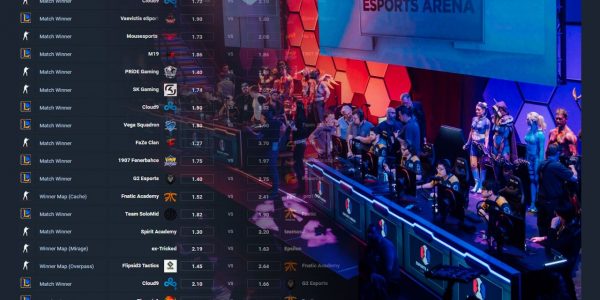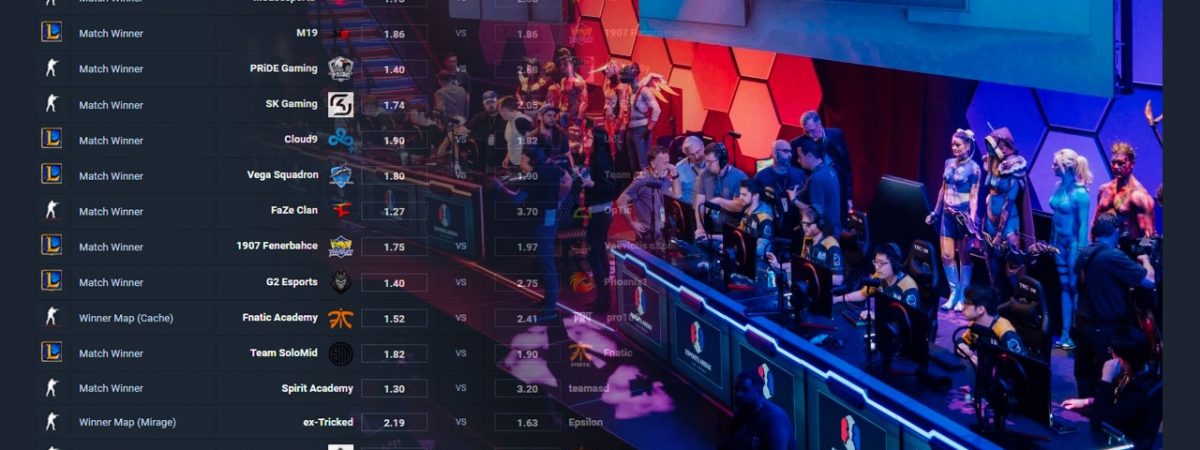A new report published by the University of Bristol has found that esports betting tweets are increasingly being engaged with and marketed towards children; far more so than with tweets made by conventional bookmakers. The report also found that a huge number of esports betting tweets are in violation of advertising regulations.
The University of Bristol’s New Report on Esports Betting
The new report, entitled; “Biddable Youth: Sports and Esports Gambling on Twitter,” is the work of the University of Bristol and Demos, an independent educational charity. The reports’ findings are based on the analysis of 888,000 betting-related tweets over a nine-month span.
With the recent growth of esports, and the legalisation of sports betting in the US, the esports betting industry has also grown rapidly. Esports betting has also been booming in Europe and around the globe. More and more sportsbooks are offering esports betting opportunities alongside wagering on traditional sporting events.
Indeed, this hasn’t always been a good thing, as the rate of suspicious betting practices reported by consumers has also risen. However, the focus of this report is on social media engagement, and it uncovers a wholly separate and troubling trend.
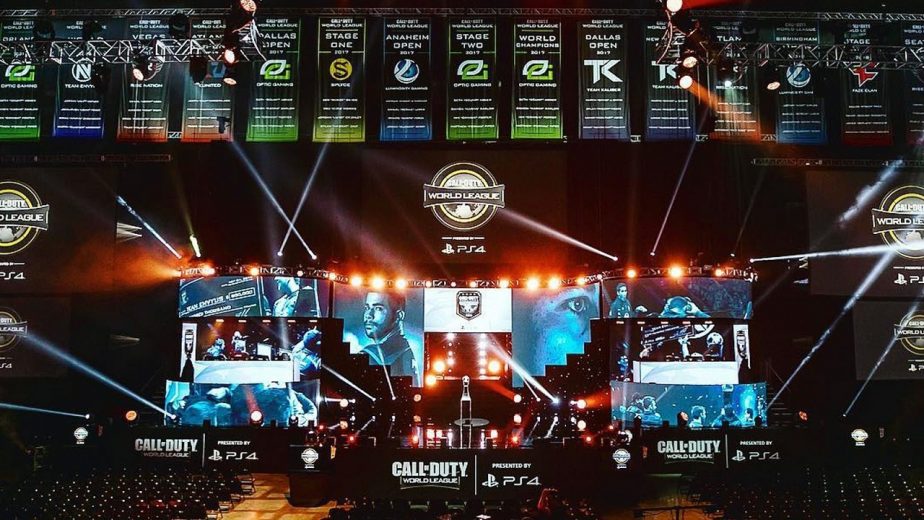
Firstly, the report found that 28% of the people who are replying to or retweeting esports betting tweets in the UK are children. (Under the age of 16.) Of course, Twitter does make such content more accessible. However, this rate is significantly higher than the rate of engagement on tweets from traditional bookmakers. Among those tweets, only 5% of those replying or retweeting were children. However, the UK is actually better than average when it comes to this rate of engagement. Globally, around 45% of the people engaging with esports betting tweets are under the age of 16.
“We were really surprised at the number of chidlren actively engaging with esports gambling accounts”; said Professor Agnes Nairn, co-author of the report; “yet with the massive growth in the esports industry, unless action is taken, we can only expect this figure to rise”. As Nairn points out, esports betting is particularly good at influencing young people due to two key factors; “it’s online where parents won’t see it,” she explains; “and it’s using clever content marketing such as GIFs, memes, pictures and funny stories, designed to appeal to and implicitly influence young people.”
Esports Betting Tweets Frequently Violate Advertising Regulations
Problematically, the esports betting industry also seems to be in frequent violation of advertising regulations with esports-related tweets. Regulations ban companies from showing anybody under the age of 25 in gambling adverts, for example. However, most professional esports competitors are under this age, as is a huge chunk of the esports audience. As a result, esports gambling sites and adventisers frequently ignore this ban. They also often ignore regulations against promoting gambling as a source of income.
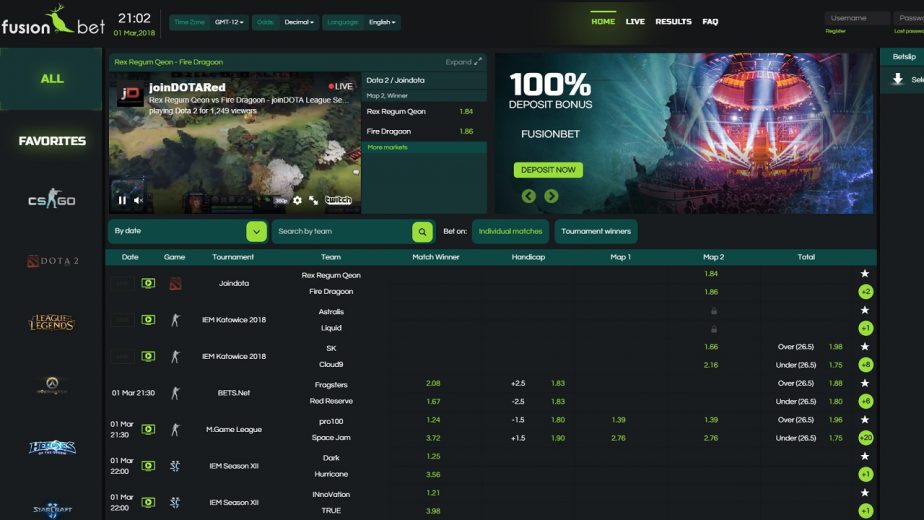
In fact, the report found that 74% of esports tweets were in violation of one or more advertising regulation. This is actually not a problem unique to esports; traditional gambling sites and bookmakers often flout these regulations too. However, the esports industry does seem to be the worst offender, as a lower 68% of traditional sports tweets violate advert regulations; 6% less than esports tweets, on average. It’s worth noting that esports betting tweets are more likely to violate the regulation against showing anybody under the age of 25 in gambling adverts. Traditional betting tweets generally break other regulations.
“This report also shows that advertising regulations are being regularly flouted by gambling advertisers online”; said co-author Jose Smith, Senior Researcher of the Centre for the Analysis of Social Media; “We hope this report serves as a call to action – both to technology companies to make it easier for gambling customers to get a clear picture of what they’re getting into, and to regulators who must continue to ensure that these new actors are compliant with regulation.”
The Report’s Conclusion and Recommendations for Change
Overall, the finding of the report suggests that children are at significant risk of exosure to esports betting content. As a result, it calls for a variety of potential changes for both gambling and social media sites. These could help to better safeguard children from adult gambling content. For instance, it suggests; “more visible and frequent references to risk and age restrictions within advertising content included by advertisers.”
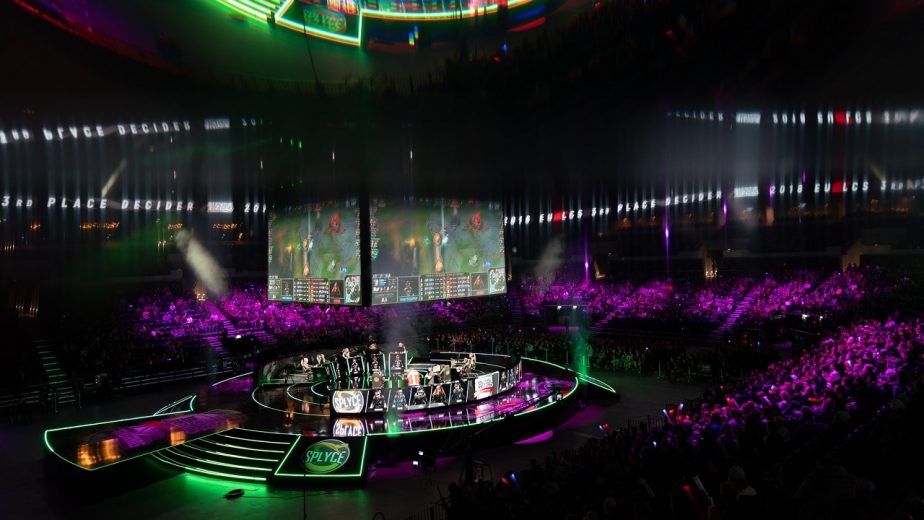
Indeed, the use of better age restriction technology is a key potential solution; in order to screen out esports betting content from news feeds. Traditional gambling sites often make use of regulated comparison sites, for example, which are separate from social media. Clearly, sites like Kiwi Casino, for example, are not marketing themselves to children. There is also a clear need for regulators to better police advertising content. After all, the frequency with which advertisers are able to violate regulations without repercussion is clearly higher than acceptable. The report also recommends improving public access to informational resources, such as; “a free, searchable database of gambling advertising on platforms, provided by technology companies.”
“One in eight 11 to 16-year-olds are following a gambling company on social media,” says Marc Etches, CEO of GambleAware; “this figure, coupled with this new report into esports betting, shows a need for technology companies to strengthen the age verification processes on social media platforms to help protect children and young people from this sort of gambling content online.”
Online Sportsbooks Can Prevent Underage Gambling
It is worth pointing out that in the end, whether minors are able to gamble on esports or not comes down to sportsbook policies. Reputable sportsbooks have strict identity verification policies. They will not accept any customer under age 18. But there are unfortunately a lot of shady bookmakers out there. These companies may not follow such policies. If you encounter a sportsbook that allows minors to play, you should report it to authorities in your country and in the country where the sportsbook is operating.
Of course, minors who turn 18 are no longer minors, and will be free to begin gambling. If they have been well-groomed by advertising directed at them when they were younger, they may be more than ready to throw their money at esports betting. This is not a bad thing necessarily, but it is important to remember to gamble responsibly. So this is another area where advertisers, sportsbooks and regulators need to be working together to send the right messages to gamblers of all ages. Betting on esports can be fun, so long as it is done wisely.
